In an extended NewsPicks interview with Nobuo Uematsu by Japanese academic Yoichi Ochiai, the veteran Final Fantasy series composer gave his thoughts on current and future game music. As well as discussing the limitations he had to work around when composing game soundtracks in the 1980s and 1990s, Uematsu also shared advice for aspiring game music composers and his thoughts on AI compositions.
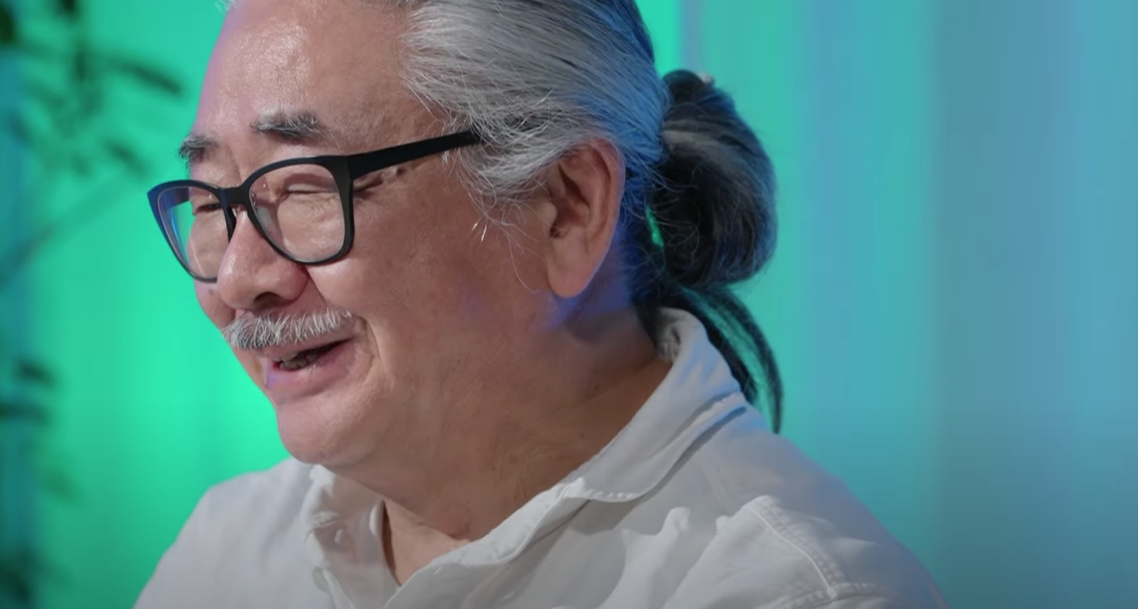
Uematsu is strongly associated with Final Fantasy, having been the sole composer for all the series’ mainline entries from Final Fantasy I (1987) through to Final Fantasy IX (2000). From Final Fantasy X onwards, he composed soundtracks in collaboration with other composers. In recent years, he has focused on composing just the main themes for entries in the series. In a widely reported on recent interview with German publication Zeit Online, Uematsu stated that he has no plans to compose an entire game soundtrack again due to not having the physical and mental strength to do it anymore.
In the NewsPicks video interview, Nobuo Uematsu stated that “music played the role of oxygen” for 8-bit games, effectively bringing their stories and characters to life, as the games had small sprites and no voice acting. He also discussed the memory limitations he had to work within, especially in the NES, SNES and PS1 generations.
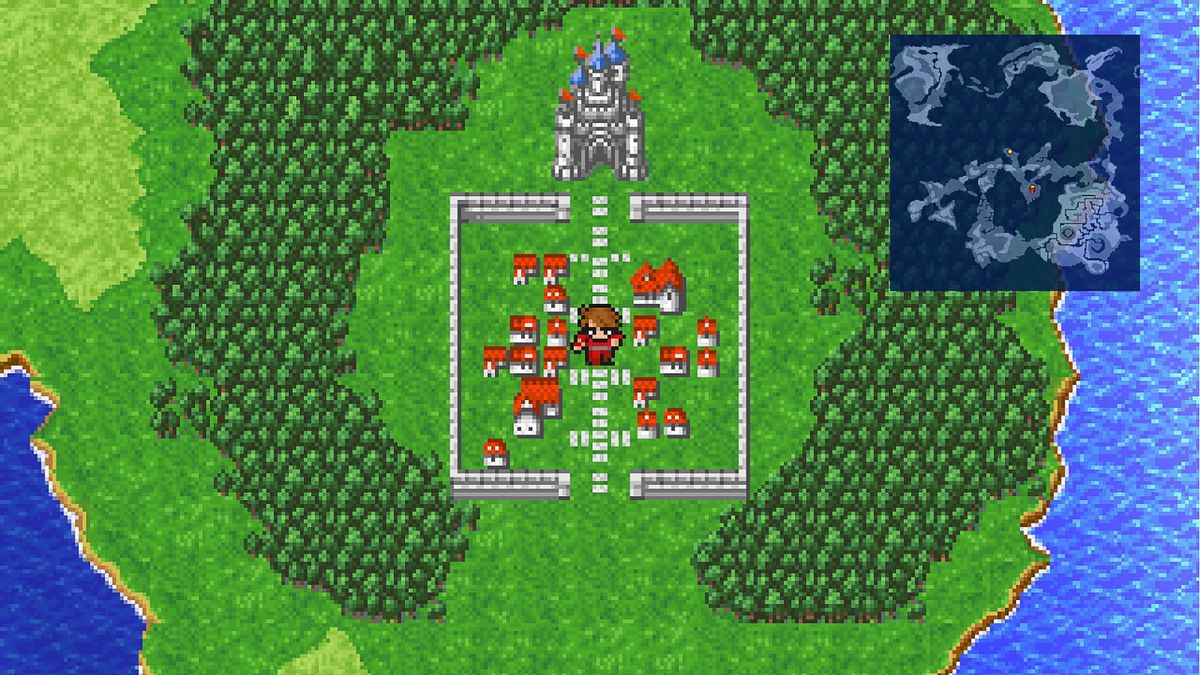
“On the SNES, the capacity increased and I was able to use samples of say the violin or the flute, then compress these over and over.” However, only 8 sounds could be played at the same time and samples used up space, so “I was still worrying about not having enough memory during the SNES days.” With Final Fantasy VII being developed for the PlayStation 1’s CD-ROM format, Uematsu explained that “It was now possible to stream the music, as in take what I had made in the studio and reproduce it (in the game). However, if I did that it would take a very long time to load in. I think fans would complain if they charged into battle and then it went into a loading screen.” Therefore, in the Playstation 1 generation, Uematsu continued to use compressed sound samples to create engaging looping melodies, achieving a balance between the available memory and sound quality.
He explains that from the PlayStation 2’s Final Fantasy X onwards, game music started to enter “A period where we could pretty much do everything.” Uematsu adds that “As game consoles have advanced, it has been easier for me to express different genres of music (like rock and jazz, etc.) within game music.”
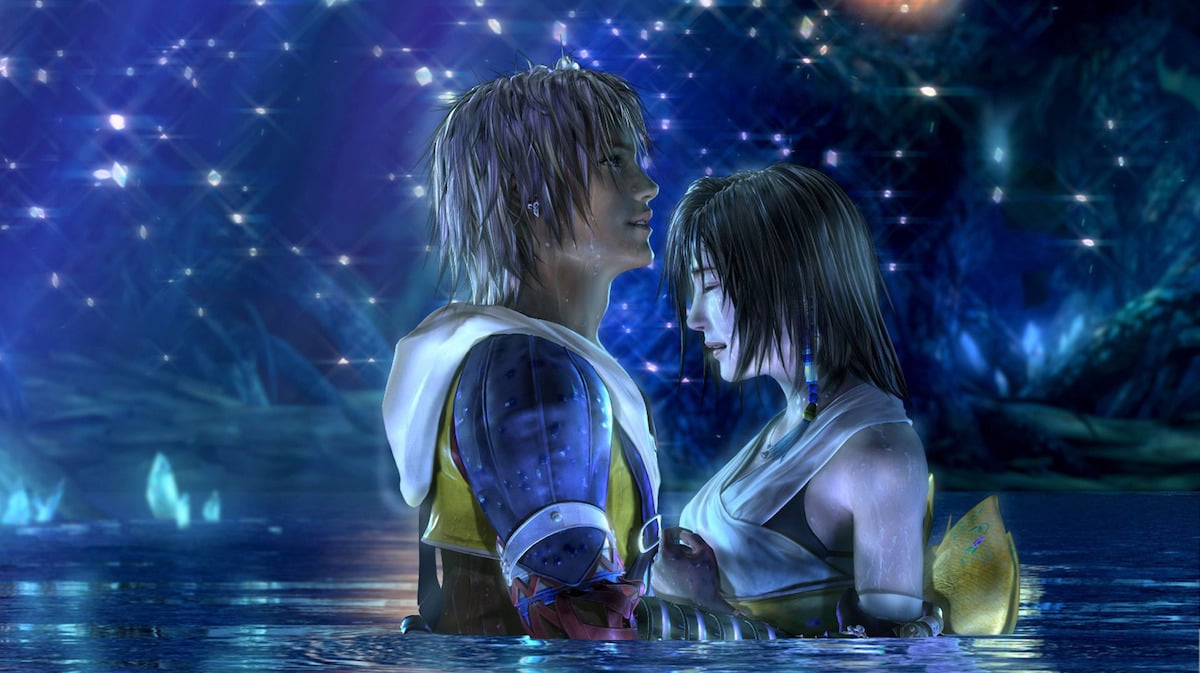
Uematsu goes on to muse as to why recent game music has become less interesting in his opinion. He suggests that the problem might be that directors and producers are “satisfied with movie soundtrack-like music in games,” adding, “I think people need to have more freedom when creating (game music).” Uematsu thinks that if games keep using Hollywood movie-style scores, then the genre of “game music cannot develop further.” On the other hand, he comments that “game music will become more interesting if composers consider ‘what is something only I can do?’ and use their own knowledge and experience to be truly creative.”
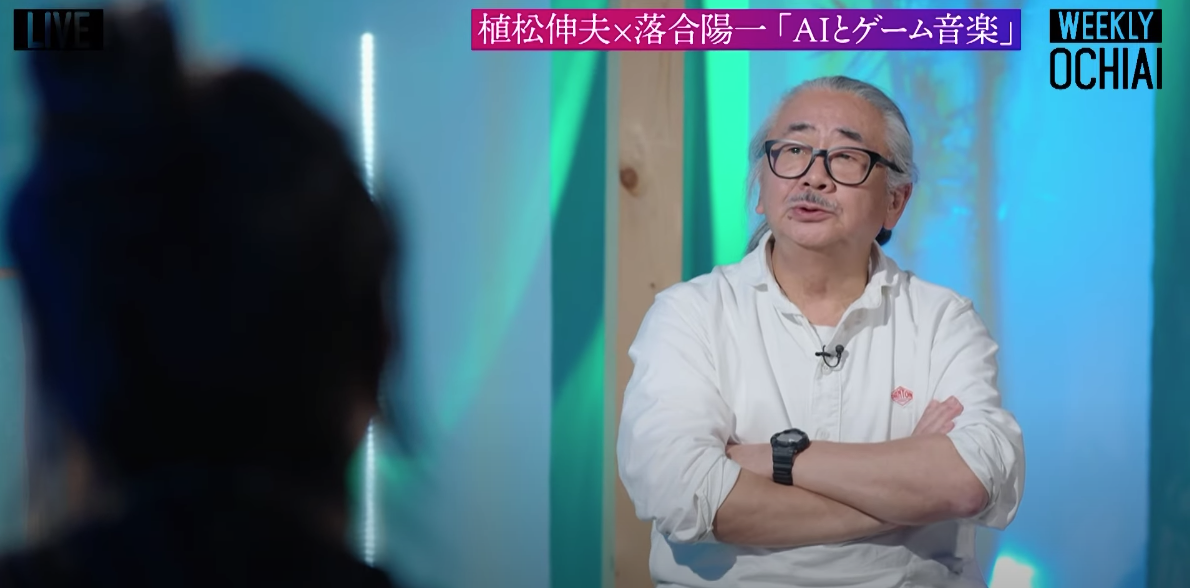
The artist dismisses AI as a tool for composing music, emphasizing the role of music in conveying empathy between composer and listener. He states that composing good music is a difficult art that can only be realized by “reaching deep down inside yourself to find aspects unique to you and then expressing them.”
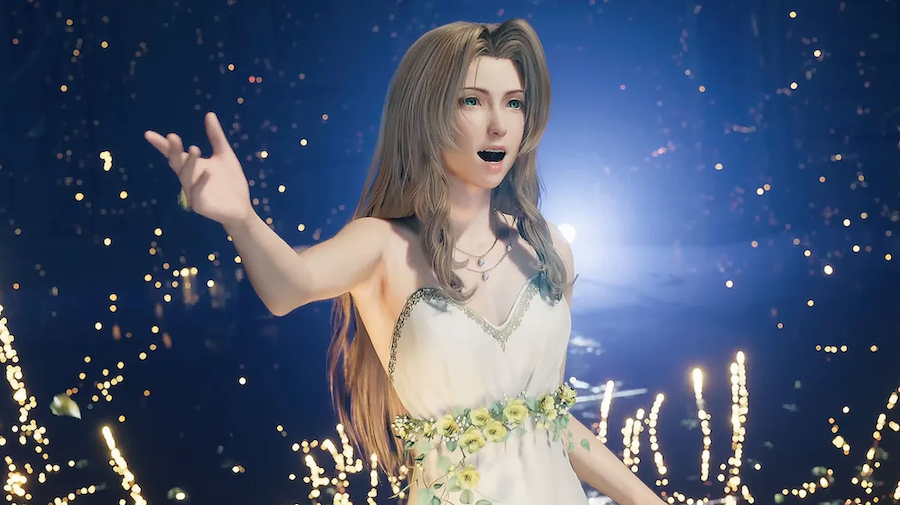
For the most recent Final Fantasy game, Final fantasy VII Rebirth, Uematsu has composed a new theme song called No Promises to Keep. Although the full soundtrack is not composed by him, it is based on rearrangements of his beloved scores from the original Final Fantasy VII.
Final Fantasy VII Rebirth is out now on PS5.

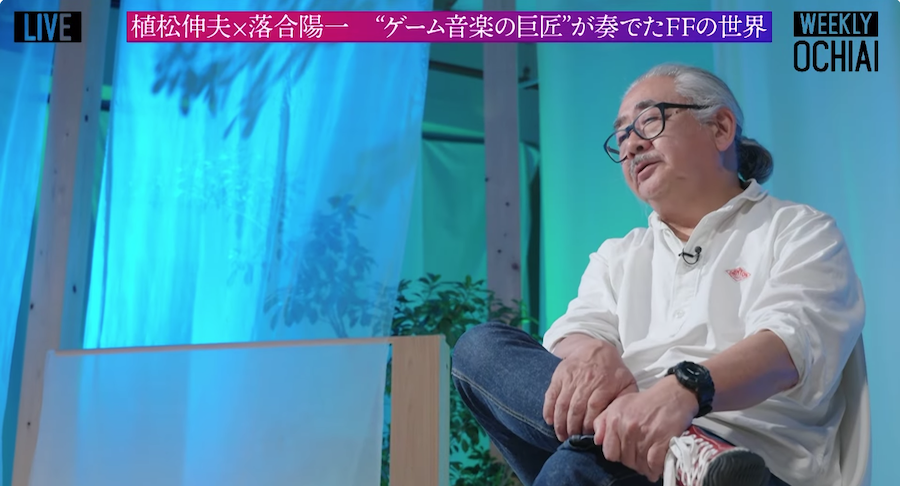

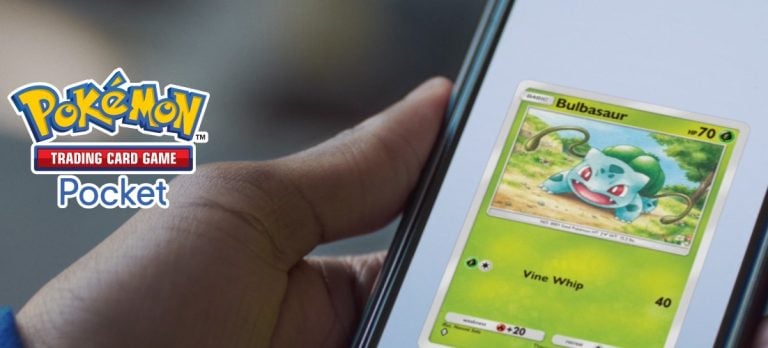
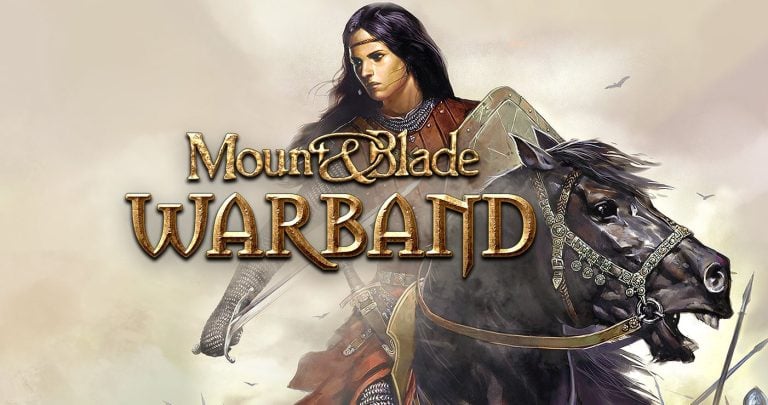

Uematsu is correct on Video Game Soundtracks sounding less distinct and trying to be more Movie based in it’s scores. I really dislike it because Video Game Music should be about what can be conveyed in that situation with any genre of music like Jazz, Rock, Techno, Jungle, Trance, Shoegaze etc rather than just throwing in scores and calling it a day. It becomes stale and not as memorable.
Anime does this and to greater effect to where composers are recognized for their ability to really create something that connects to listeners, Naruto, Bleach, One Piece, Dragon Ball, Trigun, Ghost In The Shell, etc would not be as good if the composers did the same thing. It makes everything stand out a lot and memorable decades later. It becomes a soundtrack of a person’s life.